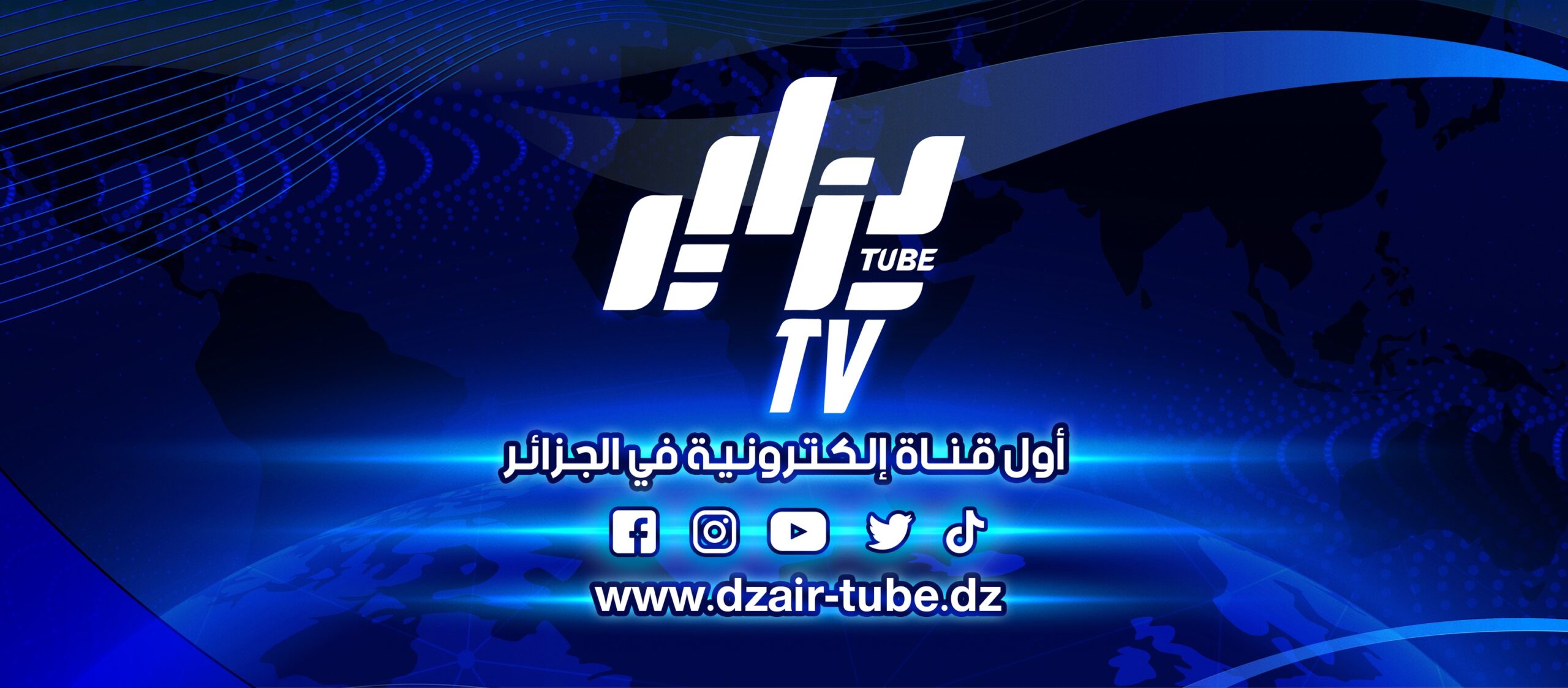BY: Dr. Hana Saada
During a high-level meeting with President Tebboune, Moula emphasizes the urgency of dismantling bureaucratic barriers, promoting transparency, and fostering public-private synergy to drive national growth beyond hydrocarbons.
Algiers, Algeria | April 14th, 2025 — In a bold address delivered on Sunday during a high-profile gathering of economic operators convened by Algerian President Abdelmadjid Tebboune, the President of the Algerian Economic Renewal Council (CREA), Kamel Moula, issued a compelling call for urgent structural reforms aimed at unblocking bureaucratic constraints that continue to hinder the country’s economic momentum.
Amid shifting global dynamics defined by both economic interdependence and cultural plurality, Moula highlighted the necessity of fostering inclusive development that both respects Algeria’s distinctive identity and leverages its strategic potential. “In a world shaped by diversity, it is imperative to honor our differences while capitalizing on our shared values,” he asserted, framing Algeria’s development trajectory within a global and humanist vision.
Diversification as a National Imperative
With a clear-eyed assessment of the country’s dependency on hydrocarbons, Moula commended the government’s efforts to initiate a paradigm shift toward a diversified economy. He cited strategic reforms aimed at attracting foreign investment in pivotal sectors such as renewable energy, sustainable agriculture, and tourism. “The true wealth of a nation lies in its ability to embed local strengths into a coherent and future-oriented development framework,” Moula said.
He pointed to tangible progress in the form of large-scale infrastructure projects and industrial zones now under development across Algeria. These initiatives, he noted, are bolstered by targeted vocational training programs aimed at enhancing the competencies of the national workforce—an indispensable component for creating an attractive climate for international investors.
Persistent Bureaucratic Inertia
However, Moula did not shy away from confronting the systemic challenges that continue to obstruct the pace of reform. Chief among these is the entrenched bureaucracy and lack of procedural transparency within Algeria’s administrative apparatus. He warned that without a radical overhaul of the regulatory environment, the country’s ambitious economic roadmap risks losing momentum.
“The persistence of archaic administrative procedures sends the wrong signal to investors and undermines national efforts toward economic modernization,” he said. In this regard, Moula called for the immediate deployment of a clear, actionable strategy designed to streamline bureaucratic processes, enhance institutional responsiveness, and cultivate an ecosystem conducive to both domestic and foreign investment.
The Role of the Private Sector and Citizens’ Welfare
In his wide-ranging intervention, Moula also spotlighted the indispensable role of the private sector as a primary engine of job creation and economic dynamism. He advocated for a strengthened dialogue between the state and the entrepreneurial class, emphasizing the need for cross-sectoral coordination to ensure sustainable growth and optimal resource utilization.
Turning to the socio-economic dimension, Moula echoed the concerns of President Tebboune regarding the erosion of citizens’ purchasing power. He lauded the CREA-led Ramadan initiative, which mobilized economic operators to stabilize prices and guarantee the availability of essential goods—an effort he described as emblematic of the business community’s solidarity and civic responsibility.
A Future Built on Investment and International Partnerships
Reaffirming CREA’s unwavering commitment to national development, Moula shared promising statistics: since November 2022, over 13,000 investment projects have been registered with the Algerian Investment Promotion Agency (AAPI), carrying the potential to generate more than 316,000 jobs. These projects span key sectors—including industry, logistics, agri-business, and tourism—with a notable concentration in the northern provinces.
In conclusion, Moula underscored the critical importance of forging robust partnerships between Algerian and international firms to facilitate technology transfer and stimulate sustainable economic advancement. “Algeria is resolutely on the path to becoming a regional investment hub. The ongoing structural reforms are a testament to our collective determination to turn vision into reality,” he affirmed.

